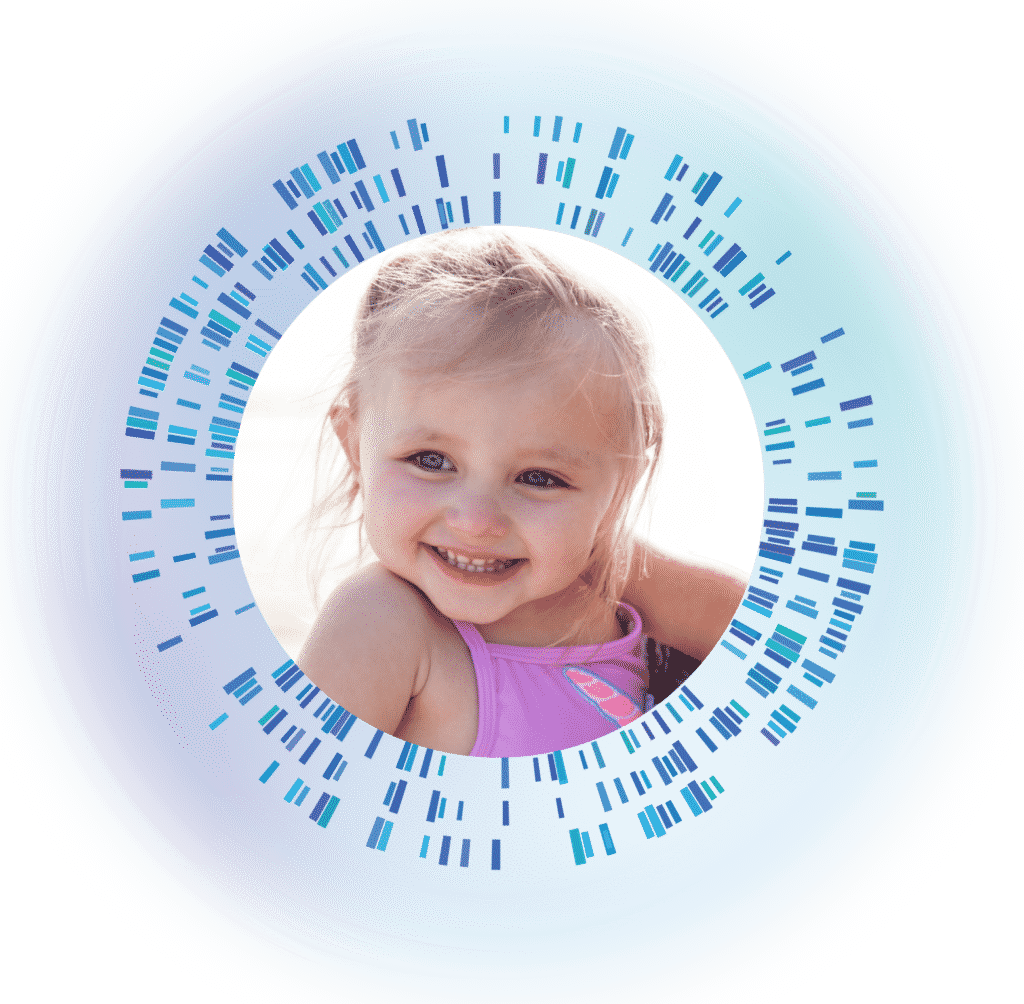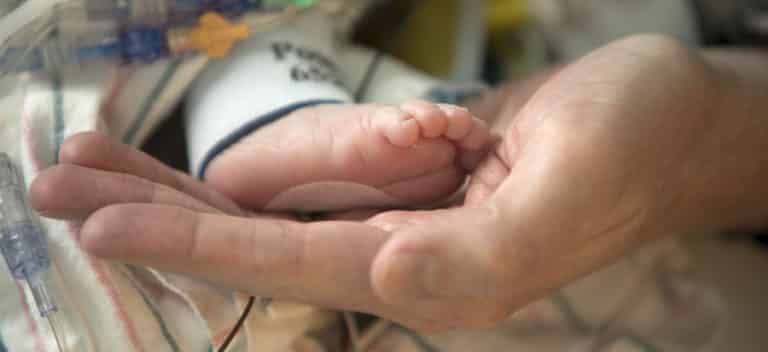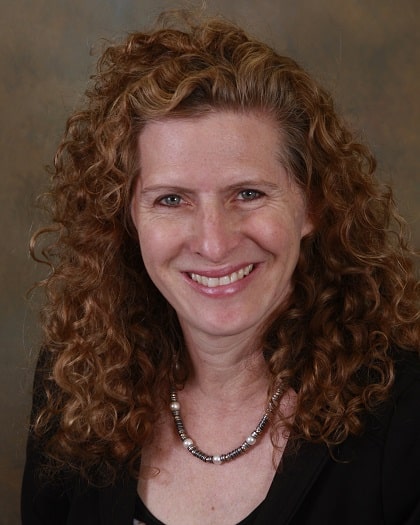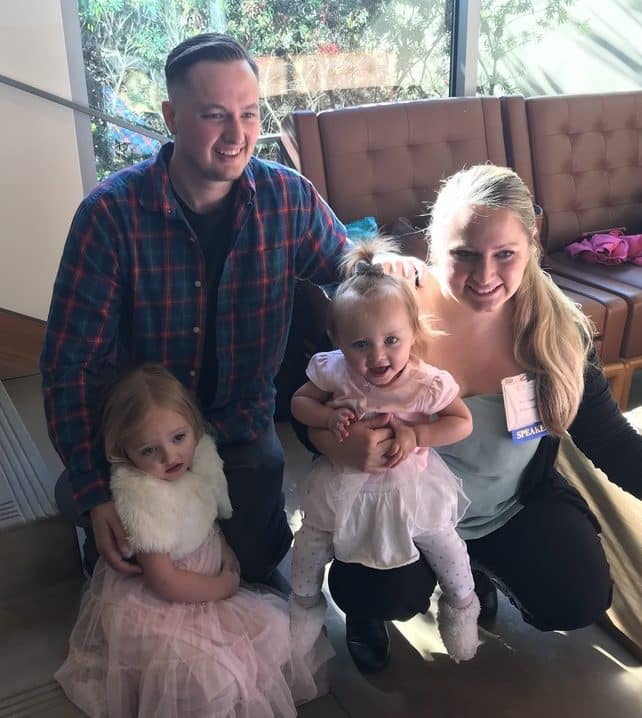Rylee was fine for the first months of her life. But soon she was unable to reach or roll over. By her first birthday, she was immobile, unable to hold a toy or sit up. Traditional genetic tests offered no answers. But WGS identified an error, hidden deep within her genetic code, responsible for Infantile Parkinsonism. That proved to be the key to reversing her symptoms.

 For a while it was hopeless that we’d ever find an answer. We thought she might be in
a wheelchair for the rest of her life. It’s amazing that we were able to find a treatment.
When we started the medication, she instantly started moving around.
For a while it was hopeless that we’d ever find an answer. We thought she might be in
a wheelchair for the rest of her life. It’s amazing that we were able to find a treatment.
When we started the medication, she instantly started moving around. 
Rylee was a year old when she was referred to neurologist Dr. Jennifer Friedman at Rady Children’s Hospital. Intent on decoding the mystery, Dr. Friedman ordered whole genome sequencing. The results were returned in just 6 days revealing a genetic variation responsible for a deficiency in an enzyme affecting the nervous system and causing Rylee’s Infantile Parkinsonism.

An expert in neurotransmitter issues linked to rare pediatric movement disorders, Dr. Friedman used the diagnosis to customize Rylee’s treatment. Rylee’s parents were amazed and relieved when the medication turned Rylee’s condition around. “Almost immediately, we started seeing dramatic changes,” Rylee’s father, Robert Supplee said.

Very soon, Rylee became able to grab toys, hold her bottle and then, she learned to sit up. At a year and half, she was crawling and pulling herself up to stand and taking a few steps. She’s shown here at 18 months with her parents and older sister, Sophie.

Today, Rylee is enjoying kindergarten, playing with her friends and her little brother. (Photo from 2019)
Rylee’s parents are strong advocates for making sure people are aware of the life-saving power of whole genome sequencing. “The more the word gets out there, the better,” says Robert. “This needs to become a mainstream practice, something that the insurance companies fully endorse and becomes regular practice at every hospital.”